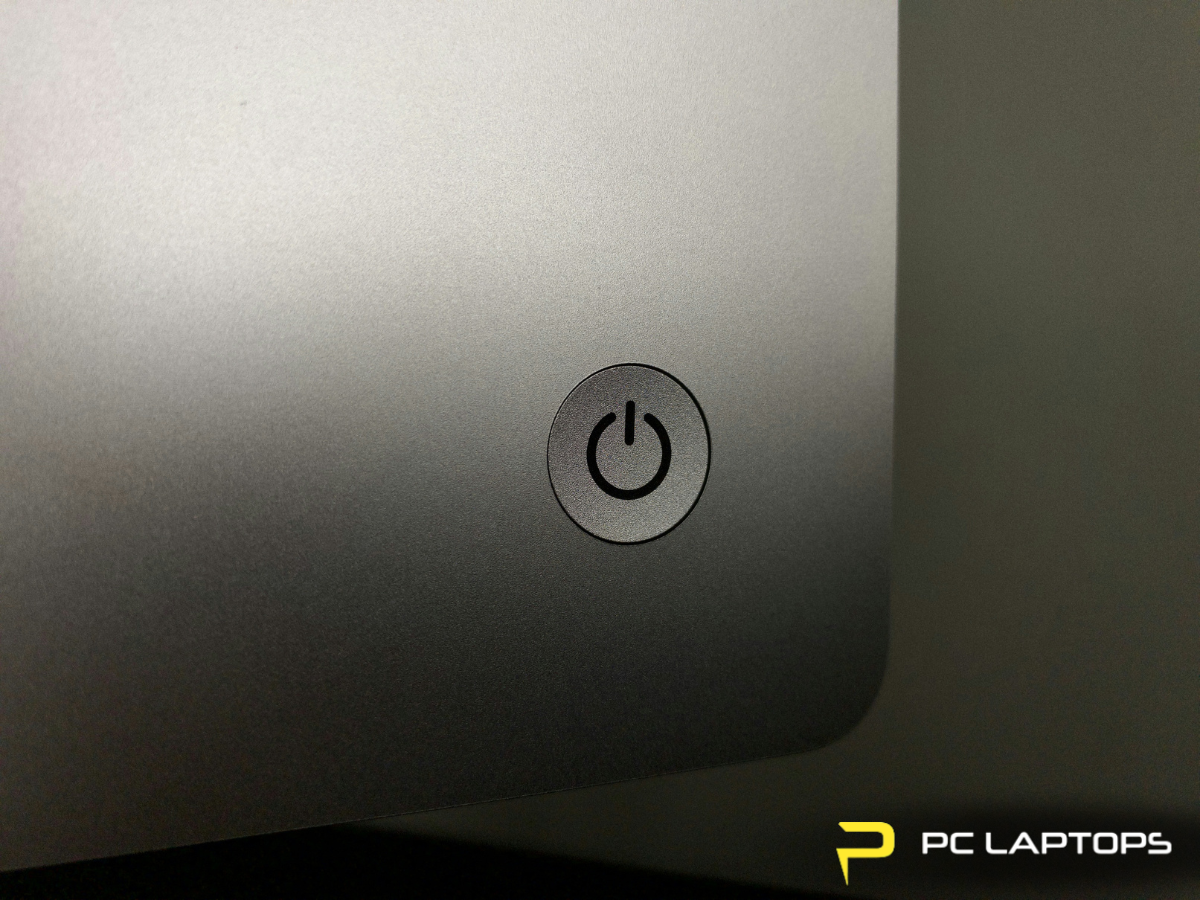Causes of Frequent Computer Reboots

Causes of Frequent Computer Reboots
Causes of Frequent Computer Reboots
If your computer keeps restarting, it can be caused by overheating, faulty hardware, corrupted files, malware, or even missing or outdated drivers. Sometimes it’s a quick fix, while other times it signals a serious hardware problem that needs professional help. If you’re in Utah and dealing with random restarts, a reboot loop, or a system issue you can’t resolve on your own, PC Laptops can diagnose the culprit and fix the issue before it gets worse.
At A Glance: What can cause continuous reboots in a computer?
Frequent reboots are often tied to overheating, driver errors, power supply problems, or malware infections. A computer may also restart automatically after Windows updates, when settings are misconfigured, or if faulty hardware like RAM or a hard drive fails. Some solutions can be done at home, but others, including repairs, may require PC troubleshooting experts.
Why Does My Computer Keep Restarting?
When a PC randomly restarts without warning, it’s more than just an inconvenience. Frequent or unexpected restarts mean something deeper is wrong with the system. Below are the most common causes of computer rebooting issues and ways to fix these issues.
Overheating
A computer that overheats will often restart automatically to protect its CPU, RAM, and other components. If the fan is working overtime or your pc keeps shutting down during games or heavy tasks, overheating may be the culprit. Open your computer carefully and clear out dust, improve airflow, and make sure the fan is working properly. Overheating is one of the most common causes of a computer to restart on its own.
Faulty Drivers or Outdated Updates
Missing or outdated drivers can cause a pc restarting loop. If your drivers are outdated or incorrect system settings are applied, the system can’t communicate with your hardware. Update your drivers or manually update them by going to the manufacturer’s website. You can also use a driver updater or let Windows automatically download and install the correct driver. If you see the Windows logo and then the system restarts randomly, outdated drivers may be the issue.
Hardware Failure Reboot
A hardware problem, such as faulty RAM, a failing hard drive, or a weak power supply, can cause a computer to restart without warning. If your pc randomly restarts and you’ve already checked for malware or outdated drivers, faulty hardware could be the culprit. Remove the RAM and test with another stick, monitor your computer’s hard drive health, or replace the power supply to see if the problem resolves. Sometimes, only professional help can identify the cause of a hardware failure reboot.
Malware or Virus Infections
A malware or virus infection can force your computer into a restarting loop. Viruses can corrupt system files, overload your CPU, or prevent your pc from running normally. Use antivirus software like Windows Defender to scan your computer and fix computer issues caused by malicious programs. If Windows Defender or a third-party antivirus software finds an infection, clean it and restart your computer to see if the problem is resolved. Using Windows Defender regularly can help keep your computer safe and prevent malware from causing unexpected restarts.
Power Supply Issues
If your pc keeps restarting while plugged into multiple devices, the power supply might be too weak or failing. A faulty hardware power supply can’t communicate steady energy to your system, leading to restarts randomly. Replacing the PSU with a proper wattage unit is often the solution to fix the issue.
System Settings and Automatic Restart Feature
The default Windows system setting is to automatically restart after a system failure. While this protects your files, it can make troubleshooting harder since you never see the error screen. Disable automatic restart in your settings to identify the cause of the blue screen of death or other errors. Disabling this restart feature gives you more time to troubleshoot and see if the problem is related to software and files, incorrect drivers, or hardware.
External Devices and Startup Issues
Sometimes, an external device like a printer, USB stick, or external hard drive can cause your computer to restart. Disconnect all unnecessary devices and restart your computer to see if the problem continues. If your pc restarting stops after removing external devices, one of them may be faulty.
Protecting Your Data Before Troubleshooting
Before you troubleshoot, make sure your software and files are backed up. When your computer is running into restart loops, there’s always a risk of data loss. PC Laptops recommends securing your files with our online data backup service. This safety precaution ensures your documents, photos, and work files remain intact no matter what happens during troubleshooting.
DIY Solutions to Fix the Issue
Here are some quick solutions to fix computer restarting problems at home:
- Scan your computer for a virus or malware infection using Windows Defender.
- Update your drivers or use a third-party driver updater to replace missing or outdated drivers.
- Disable automatic restart so you can monitor your computer’s error messages.
- Clean dust buildup and check your CPU fan to prevent overheat problems.
- Remove the RAM and test with another stick to rule out random access memory errors.
If you’ve tried these steps and your computer may still be stuck in a reboot loop, it’s time to seek professional help.
Professional Help for Persistent Restart Issues
Some problems, like a damaged hard drive or complex Windows 10 startup errors, require professional diagnostics. PC Laptops offers full laptop repair services, data backup, and replacement of faulty hardware. Our technicians can identify the cause, fix random restarts, and keep your computer from restarting unexpectedly in the future.
We also provide PC troubleshooting with multiple service centers for quick repairs. If you can’t visit in person, you can explore home support or contact us for help.
Final Thoughts
A pc randomly restarts for many reasons—overheating, outdated drivers, malware, or hardware failure. The solutions to fix the issue vary depending on the culprit, but the guide outlined in this article will help you resolve the issue and keep your computer running smoothly. If you’re stuck in a restarting loop or dealing with a stubborn Windows system error, don’t wait for the problem to get worse. Visit PC Laptops for reliable repair, data backup, and troubleshooting services that will help you fix the problem and get back to work without interruptions.



